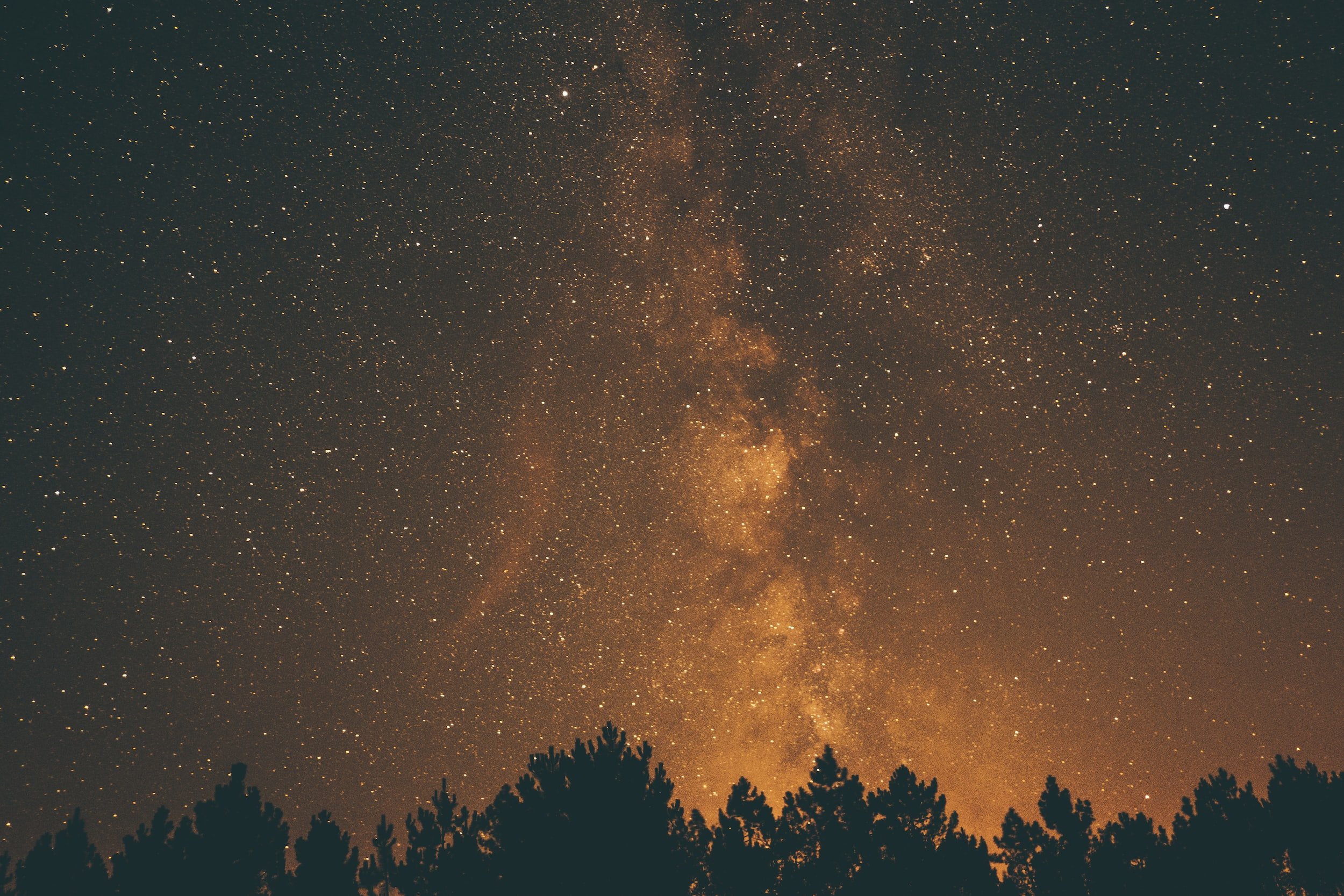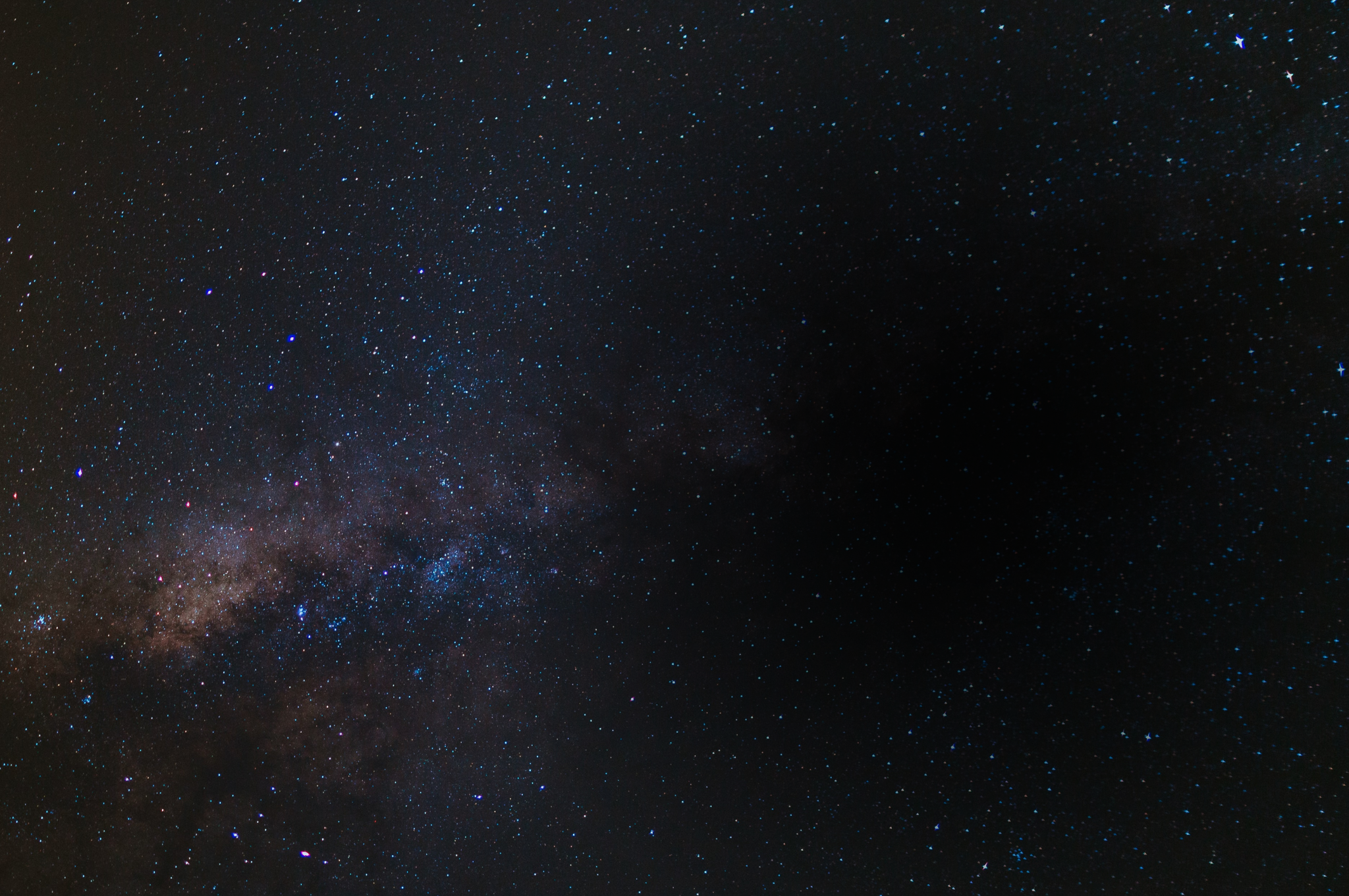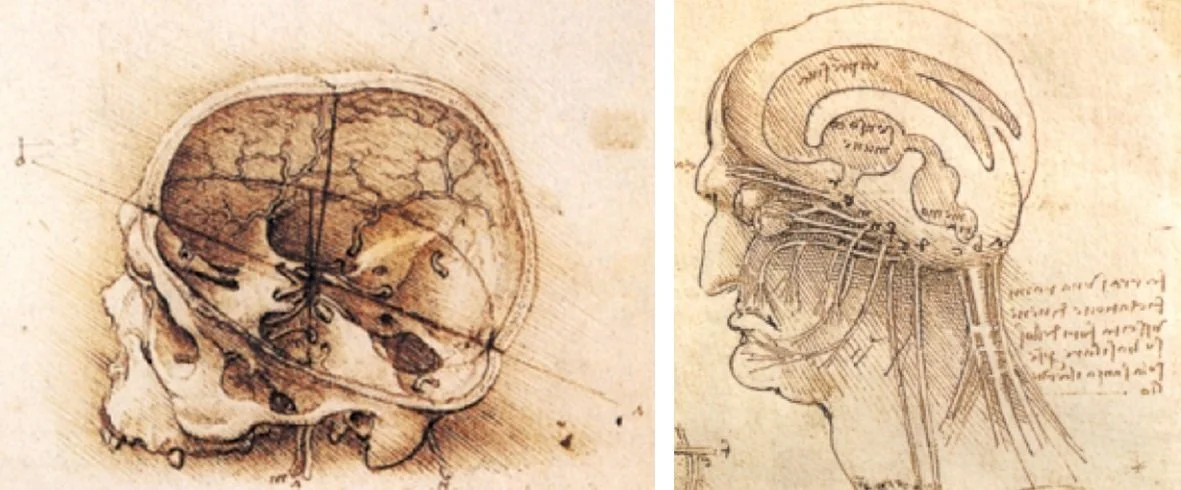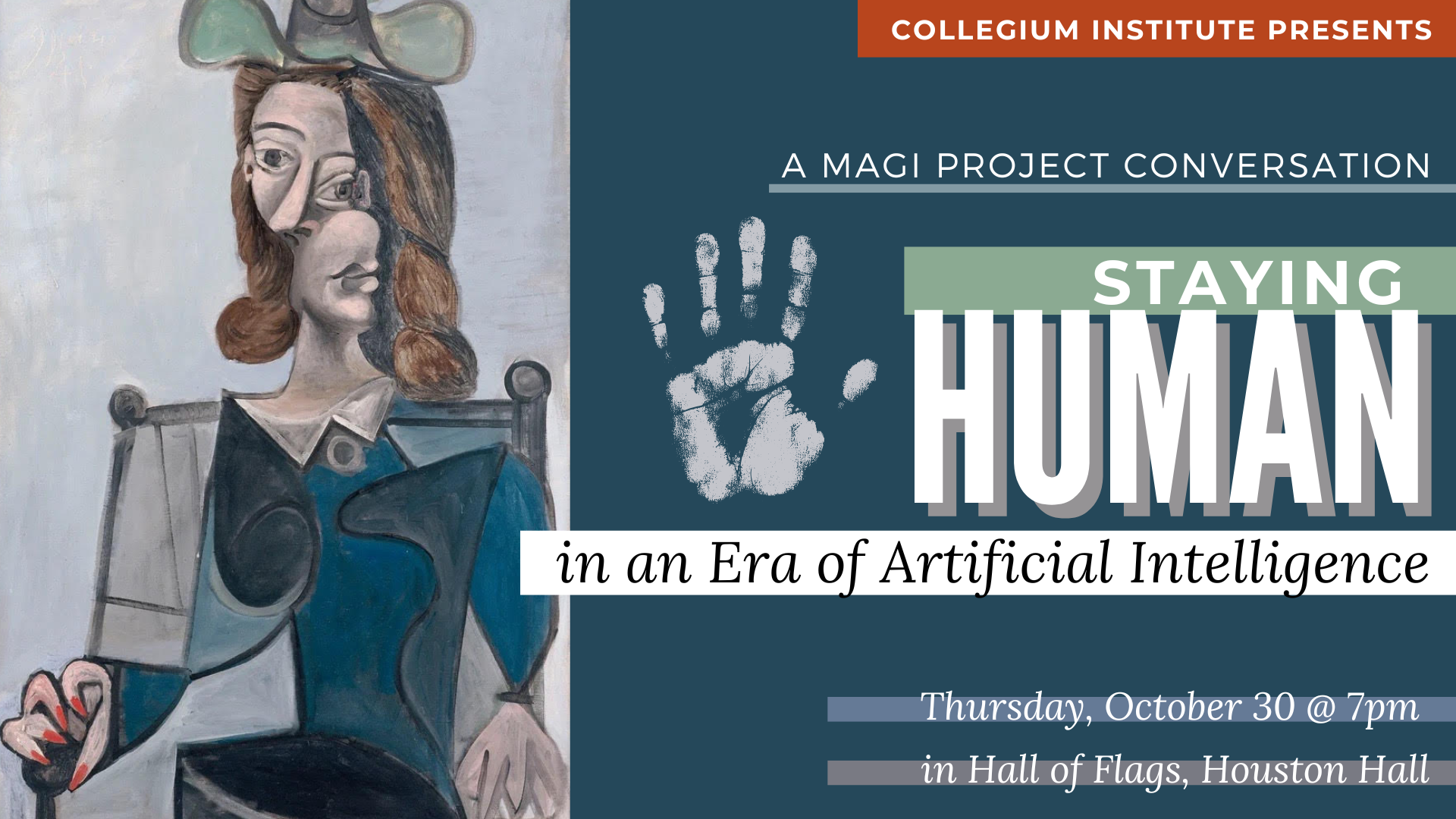
The Magi Project
F O R S C I E N C E & T H E O L O G Y
Physical science, which is ordered towards the exploration of the physical world, can neither prove nor disprove the existence of God, who is pure spirit. However, contemplation of the physical Universe can lead us to ask deeper questions about meaning and human existence as well as the origin and end of all that is.
Many believe that modern astrophysical discoveries undermine belief in God, if not exclude the possibility of God altogether. Others cling to a literal interpretation of Genesis and reject anything of modern science that seems antithetical to it. Somewhere in between is the via media, which embraces both physical and spiritual realities and which recognizes the distinct, proper contributions of theology and scientific study, as well as the limitations of both. We seek to build dialogue between science and faith, helping people of faith to grow in their understanding of science, and helping scientists to understand the perspective of people of faith.
The Magi Project delivers courses, lectures, seminars, and other outreach activities that explore the distinct but complementary approaches of science, philosophy, and theology to fundamental questions of the universe and our own place within it.

Upcoming Events
Food for Thought Seminar
Am I Just My Brain? The Neuroscience and Philosophy of Altered States
This series explores how contemporary neuroscience intersects with enduring philosophical and existential questions: What is a mind? What is consciousness? Are we free? What makes us human? Drawing on brain science, philosophy, and real world experience, we examine what neuroscience can and can’t tell us about meaning, reason, language, morality, and the self.
This program is open to current undergraduate and graduate students at the University of Pennsylvania and Drexel University.
This seminar series is supported by a grant from the Lumen Christi Institute with funding from the John Templeton Foundation (Grant #63614).

Publications
Released Summer 2024
Click the button below to access the proceedings from the 2023 Magi Project Conference, What is (Human) Life?, released July 2024.

The LeMaître Grants
In honor of Georges LeMaître, the Catholic priest sometimes called the “Father of the Big Bang,” the Magi Project annually awards two grants of up to $3,500 to support undergraduate projects on science and religion, such as external speaker programs, workshops or short courses in science and religion, or undergraduate organized outreach.
Applications are closed for the 2024 grant cycle.
Released Summer 2023
Click the button below to access the proceedings from the 2022 Magi Project Conference, What is Life?, released July 2023.

Featured Past Events
Staying Human in an Era of Artificial Intelligence
with Prof. Joseph M. Vukov
The Mystery of Human Life?
On Biological Development and the Continuity Problem
Young Catholic Leaders High School Workshop
Yuri Gagarin, the famous Soviet Cosmonaut and first man in space, infamously observed that he did not see God in space. In the vastness of space with its dying stars, black holes, and poisonous planets inhospitable to human life, one can easily arrive at Gagarin's conclusion. And yet, can scientists look upon space with eyes of faith? Can the practice of astrophysics or science more broadly lead us along a path of wonder to God, rather than doubt and despair? To answer these questions, the Collegium Institute's Young Catholic Leaders Initiative will be hosting a daylong workshop for high school students and teachers called Science as a Path to Wonder: From the Darkness of Space to the Light of Christ, on Saturday, November 16, at the Penn Newman Center.
After the Gold Mass and brunch, Br. Cassian Iozzo, O.P., a Dominican friar and PhD in Astrophysics from Cornell will deliver the keynote lecture on Catholicism and Astrophysics with Br. Augustine Buckner, O.P. offering theological commentary and reflections, followed by breakout discussions. After the breakout discussions, Br. Cassian will perform a series of experiments with the help of the students and teachers to illustrate some of his points from the keynote lecture. The workshop will conclude with a panel discussion featuring Prof. Michelle Francl (Bryn Mawr), Prof. Michael Vogeley (Drexel), and Br. Cassian with Br. Augustine moderating, followed by small group discussions.
Gold Mass for Catholic Scientists
Join Collegium Institute for a Gold Mass for Catholic Scientists on Saturday, November 16 at 9am at St. Agatha-St.James Church, celebrated by Msgr. Michael Magee, Vice President for Academic Affairs and Full Professor of the Systematic Theology and Sacred Scripture at Saint Charles Borromeo Seminary. Gold Masses are celebrated for Catholics who are or have been involved with the sciences. The patron of this mass is St. Albert the Great, a 13th century Dominican friar and teacher of St. Thomas Aquinas—and the patron saint of scientists.
The Gold Mass is open to all interested members of the public, and will be followed by a brunch reception.
Food for Thought Seminar
Every day, we are surrounded by animals. You may have a dog at home on your bed, a chicken on your dinner plate, and a rabbit testing your medications and cosmetics. Humans, too, may have more in common with these creatures than we care to admit – we are “political animals” according to Aristotle, and “the beast with red cheeks” according to Nietzsche. So what are animals and how must we treat them? In this Food for Thought, we’ll consider whether animals are only food or worth some thought. Join us as we explore humans as animals and animals as sustenance, tools, and reflections of ourselves. This program is open to current undergraduate and graduate students at the University of Pennsylvania and Drexel University.
Defining Death in a Technological Age: The Scientific, Moral, and Philosophical Debate about the Legal End of Life
Collegium Institute's Magi Project is pleased to invite you to an evening lecture by Rev. Fr. Nicanor Austriaco, O.P. entitled “Defining Death in a Technological Age: The Scientific, Moral, and Philosophical Debate about the Legal End of Life.” In this lecture, we will explore the philosophical, ethical, and medical frameworks that are currently being used to answer a fundamental question: When can we know that an individual is dead?
Third Annual Magi Project Conference::
What is a Good Human Life?
This conference explored the question "What is a Good Human Life?" through the lenses of World, Self, Community, and God. The conference structured around a series of conversations between psychologists, philosophers, and theologians, who examined the nature of human flourishing from diverse disciplinary perspectives and considered how the insights of each of these disciplines might contribute to work in the others.
Keynote Lecture -
Flourishing & the Good Human Life: The Search for a Theoretical and Practical Synthesis
This keynote lecture described the outcomes of some of the work that Prof. Kristjánsson has been doing as a consultant for OECD in trying to synthesize various theoretical flourishing paradigms for practical education purposes. It talked about the pros and cons of each paradigm and some recent criticisms that have been aimed at all of them. While arguing for the possibility of reconciliations, Prof. Kristjánsson’s main aim was to motivate the audience to think about the credibility of a flourishing agenda, in general, and the possibility of synthesizing satisfactorily the different approaches to it, in particular.
Second Annual Conference:
What is (Human) Life?
Collegium Institute explored our own humanity through the lenses of “Mind, Body, Soul, and Self".”
Keynote Lecture -
Just Responsibility: Natural Intelligence in a world of A.I
This lecture explored understandings of the human person that can equip us for life in a world in which our long-cherished cognitive superiority over other life-forms seems to have been eclipsed by new forms of intelligence neither constrained by body finitude nor conditioned by organic limits. Professor Jennifer Herdt argued that reclaiming our animality can help correct rationalistic and individualistic conceptions of human agency, frame fuller understandings of what it is to be caring, responsible agents, and point the way forward to living well with our finite, natural forms of intelligence.
God and the Multiverse:
Magi Special & PRRUCS Perry-Collegium Initiative Event
This was a Magi Project conversation, “God and the Multiverse,” with Dr. Deborah Haarsma, Astronomer and President of BioLogos.
Modern Science & Catholic Faith
A St. Albert Initiative for Teachers and Students
Collegium Institute and the McGrath Institute hosted the St. Albert Initiative program on March 25 from 9am-3pm at St. Joe’s Preparatory. This half-day program on science and faith was for Catholic high school students, teachers, and parents as well as interested members of the general public (high school age and above). It featured short talks by Catholic scientists and the opportunity to meet, eat with, and ask questions of Catholic scientists in many fields and at various stages of their careers.
Fall 2022 Lecture with
Francis Su
Our Fall 2022 Magi Project Lecture on math and human flourishing, featured distinguished mathematician and author, Prof. Francis Su, Professor of Mathematics at Harvey Mudd College and former president of the Mathematical Association of America. Prof. Su’s talk explored the idea that math is more than just a way to describe the world and a set of skills—rightly understood, it is a deeply human enterprise that can fulfill fundamental human longings and build virtue.
Gold Mass for Catholic Scientists
Collegium Institute hosted a Gold Mass for Catholic Scientists on Saturday, November 19 at 12pm at St. Agatha-St.James Church, celebrated by Fr. Hyacinth Cordell, O.P., pastor of St. Patrick’s Church in Rittenhouse.
Gold Masses are celebrated for Catholics who are or have been involved with the sciences. The patron of this mass is St. Albert the Great, a 13th century Dominican friar and teacher of St. Thomas Aquinas—and the patron saint of scientists.
Click the button below to read Fr. Hyacinth Cordell’s Gold Mass Homily, “Embracing the Legacy of ST. Albert the Great.”
Food for Thought Seminar
What does it mean to know something? How do the ways in which we are taught or the ways in which academic research is done influence and shape our knowledge? In this seminar series for Penn students, we explored knowledge across disciplines—including what it means for something to be true in both the sciences and the humanities—and how the rituals of learning influence our understanding.
First Annual Conference: What is Life?
In June of 2022, Collegium Institute and PRRUCS hosted an international, multi-day collaborative conversation between scientists, philosophers and theologians to explore the question "What is life?" Esteemed scholars from a variety of fields gathered to address this central question from multiple disciplinary vantage points: astrobiology, linguistics, artificial intelligence, behavioral genetics & human flourishing, health.
The Magi Project seeks to build dialogue between science and faith, helping people of faith to grow in their understanding of science, and helping scientists to understand the perspective of people of faith. Other past events have included:
On Reconciling Science and Religion a series of lectures with world-renowned Catholic scientists and speakers, breakout seminars, a panel discussion on scientific vocations, and a Gold Mass.
Probing the Shallows of the Unknown: A Magi Project Evening Conversation an evening conversation with Prof. Marcelo Gleiser (Dartmouth) and Prof. Michell Francl (Bryn Mawr)
How Artificial Intelligence Will Change Us, a conversation between Prof. Jordan Wales (Hilllsdale) and Prof. John Dolan (Carnegie Melon)
To view more past Magi Project events and programs, click the button below.
Magi Summer Seminars
With the gracious support of the John Templeton Foundation, our Magi Project hosted three summers of seminars that drew together graduate students and faculty from around the country to explore the intersections of physics, philosophy and theology. Topics for these week-long seminars included:
-2019, Space, Time and Eternity: An Interdisciplinary Inquiry
-2018, Creation Ex Nihilo: Conversations in Science, Faith, and Philosophy about the Origins of our Universe
-2017, Seeing Reality: Conversations in Science, Faith and Philosophy
This project was made possible through the support of ‘In Lumine: Supporting the Catholic Intellectual Tradition on Campuses Nationwide’ (Grant #62372) from the John Templeton Foundation. The opinions expressed in any publications, videos, lectures, etc. associated with this project are those of the author(s) or speaker(s) and do not necessarily reflect the views of the John Templeton Foundation.

“The universe has always beckoned us. Over the course of human civilisation, the night sky has provided a calendar for the farmer, a guide for the sailor, and a home for the gods. Astronomy led the scientific revolution, which continues to this day and has revealed that the sky visible to the naked eye is really just a hint of a vast and complex cosmos, within which our home planet is but a pale blue dot. Astronomers continue to explore the universe, learning its amazing history, discovering the richness of its contents, and understanding the physical processes that take place in its astoundingly diverse environments. Today, astronomy expands knowledge and understanding, inspiring new generations to ask, How did the universe form and the stars first come into being? Is there life beyond Earth? What natural forces control our universal destiny? Because of the remarkable scientific progress in recent decades, in particular the explosion over the last decade of interest in and urgency to understand several key areas in astronomy and astrophysics, scientists are now poised to address these and many other equally profound questions in substantive ways. "
— excerpt from the Decadal Review: New Worlds, New Horizons, 2010





















